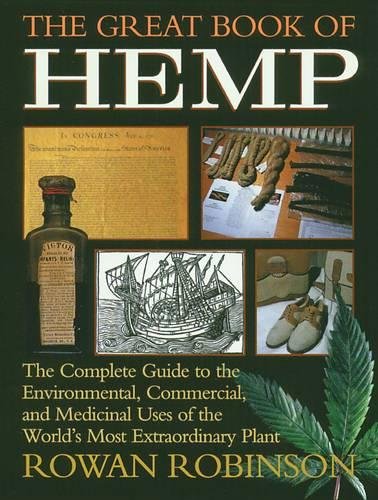Related posts
Feature
Park Street PressDescription
Hemp, Cannabis sativa, has been called the world's most versatile plant. Materials made from hemp fiber have been discovered in tombs dating back to 7000 B.C. During the Middle Ages hemp was used to treat fevers, insomnia, and malaria. Columbus's ships had sails of hemp, and during colonial times it was universally grown because its strong fibers made superior ropes, sails, cloth, and paper. In fact, hemp was used for money in most of the Americas from 1631 until the early 1800s, and the original drafts of the Declaration of Independence and the Constitution were written on hemp paper.As a food, the oil from hemp seeds has the highest percentage of essential fatty acids and the lowest percentage of saturated fats. Britain and Canada have recently lifted bans on growing industrial hemp and today it is reappearing in the marketplace in an amazing array of products: from lip-salve, jeans, salad oil, and cheese to paper products, composite fiberboard, and biomass fuel.
This illustrated, easy-to-read guide covers all aspects of hemp:
The history of its cultivation worldwide
Its role as a source of renewable energy and as an alternative for paper manufacturing and fossil fuels
Its versatility as a fiber
Its many nutritional and medicinal uses
Examines the physiological and psychological effects of marijuana use in recreation and therapy
A comprehensive resource section includes information on organizations involved in legalizing hemp, product suppliers, and an annotated bibliography.

